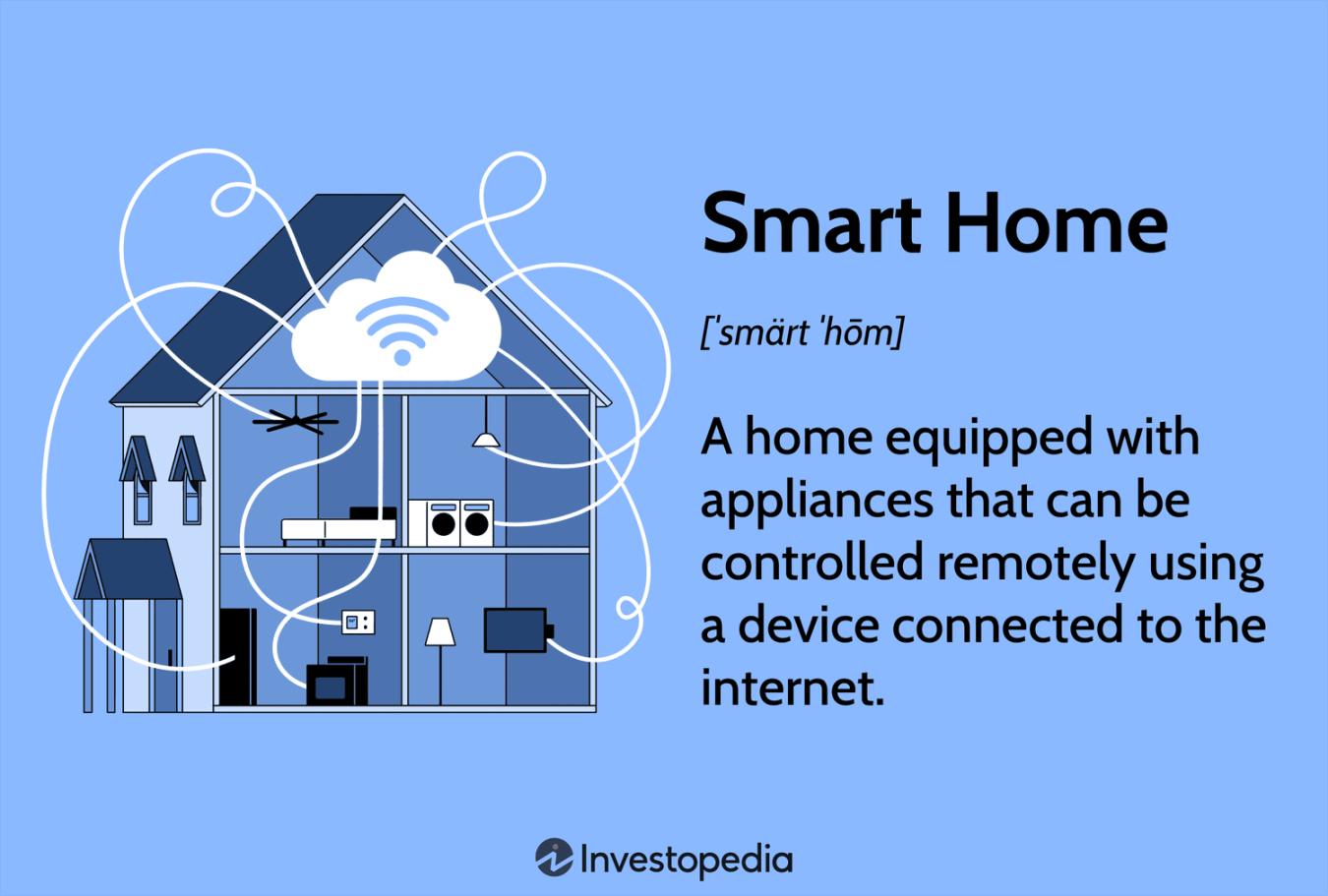Welcome to our home design website, where creativity meets functionality. Here at my blog, we are passionate about Smart technology transforming spaces into personalized sanctuaries that reflect your unique lifestyle. Whether you’re envisioning a modern oasis, a cozy cottage retreat, or a sleek urban loft, our team of talented designers is dedicated to bringing your dreams to life. Explore our portfolio, discover inspiring trends, and let us guide you through the exciting journey of crafting a space that is as beautiful as it is functional. Together, we’ll create a home that truly embodies your style and aspirations.
Facial recognition technology, the digital marvel that can identify individuals based on their unique facial features, has rapidly evolved from a science fiction concept to a reality that permeates our daily lives. This technology, often referred to as the “ever-watching eye,” has the potential to revolutionize various industries, from security and law enforcement to retail and healthcare.
How Does Facial Recognition Work?
At the heart of facial recognition technology lies a complex interplay of computer vision and artificial intelligence. When a system encounters a face, it breaks it down into a series of numerical representations, known as facial features. These features, such as the distance between the eyes, the shape of the nose, and the contour of the jawline, are then compared to a database of known faces.

To achieve this, the system employs sophisticated algorithms that can analyze vast amounts of data. Machine learning techniques, particularly deep learning, enable the system to learn and improve its accuracy over time. As the system is exposed to more faces, it becomes increasingly adept at recognizing individuals, even under varying lighting conditions and with different facial expressions.
The Benefits of Facial Recognition
The potential applications of facial recognition technology are vast and far-reaching. Some of the most significant benefits include:

Enhanced Security: Facial recognition systems can be used to identify and track individuals in real-time, making it easier to prevent crime and apprehend suspects.
The Privacy Concerns
While facial recognition technology offers numerous advantages, it also raises significant privacy concerns. The ability to track and identify individuals without their consent has the potential to erode civil liberties and enable mass surveillance.

Moreover, the potential for misuse of facial recognition technology, such as in the creation of discriminatory algorithms or the surveillance of marginalized communities, is a serious concern. As this technology becomes more pervasive, it is crucial to establish robust regulations and ethical guidelines to ensure its responsible use.
The Future of Facial Recognition
The future of facial recognition technology is bright, but it is essential to approach its development and deployment with caution. By balancing innovation with ethical considerations, we can harness the power of this technology to improve our lives while safeguarding our privacy and civil liberties.

As facial recognition systems become more sophisticated, we can expect to see even more innovative applications emerge. However, it is imperative that we prioritize transparency, accountability, and human rights as we navigate the exciting and complex landscape of this transformative technology.
Have you ever felt like your phone is listening to your conversations? You mention a random product, and suddenly, ads for it pop up on your feed. Or maybe you’ve noticed that your favorite streaming service recommends shows you’d swear you just thought about. It’s almost as if your device has a mind of its own, anticipating your every desire.
Well, it kind of does.

The Digital Doppelgänger: A Portrait in Pixels
At the heart of this uncanny ability is a technology known as machine learning. It’s a branch of artificial intelligence that allows computers to learn from data, without being explicitly programmed. Think of it as training a dog: you don’t tell it exactly what to do, but you reward good behavior and discourage bad.
In the digital realm, this learning process involves feeding massive amounts of data into algorithms. These algorithms then identify patterns and make predictions. The more data they process, the more accurate their predictions become.

For instance, when you use a music streaming service, the algorithm analyzes your listening history. It looks at the genres you prefer, the artists you follow, and the songs you skip. Based on this information, it can predict what you might like to hear next. It’s like having a personal DJ, one that knows your musical tastes better than you do.
The Ethical Enigma: A Double-Edged Sword
While machine learning has undoubtedly revolutionized the way we interact with technology, it also raises some serious ethical concerns. As AI becomes increasingly sophisticated, it’s important to consider the implications of having our digital footprints analyzed and exploited.
One of the biggest worries is the potential for bias. If the data used to train an algorithm is biased, the algorithm’s output will also be biased. For example, if a facial recognition system is trained on a dataset that primarily features white faces, it may struggle to accurately identify people of color.
Another concern is privacy. As AI systems collect more and more data about us, it becomes increasingly difficult to maintain our privacy. This is especially true when data is shared with third-party companies.
The Future of AI: A Balancing Act
Despite these challenges, the future of AI is bright. By developing ethical guidelines and regulations, we can harness the power of AI while mitigating its risks.
In the meantime, we can take steps to protect our privacy and minimize the impact of AI on our lives. This includes being mindful of the data we share online, using privacy-focused settings, and staying informed about the latest developments in AI.
As AI continues to evolve, it’s important to remember that it’s a tool, not a magic wand. It can be used for good or for ill, depending on how we choose to employ it. By understanding the technology and its limitations, we can ensure that it benefits society as a whole.
As you conclude your journey through our Smart technology home design website, we hope you feel inspired and empowered to embark on your own design ventures. We believe that every home should tell a story one that reflects the personalities and aspirations of its inhabitants. Whether you’re seeking innovative solutions for small spaces or grand transformations for expansive residences, our commitment to excellence and attention to detail remain unwavering. Contact us today to begin your design journey with a team dedicated to making your dream home a reality. Let’s collaborate and transform your vision into a beautifully crafted space that you’ll cherish for years to come.



